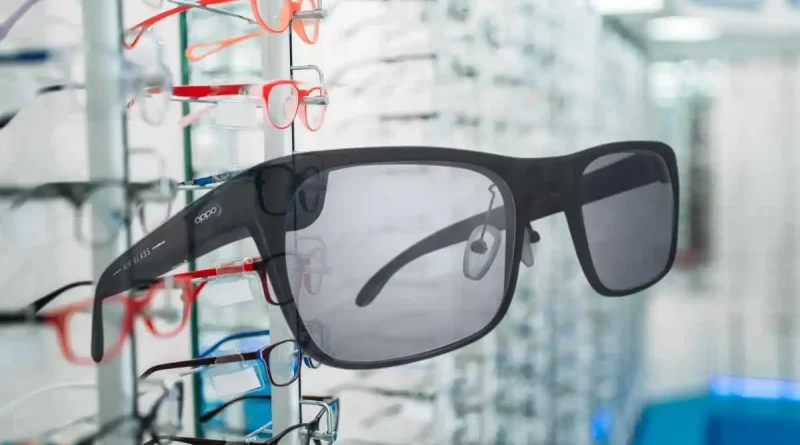Oppo launches Air Glass 3 with augmented reality
The Chinese manufacturer giant OPPO has recently unveiled a technology in which the use of augmented reality has been put to use in manufacturing its latest product, which is the ‘glasses’. With the help of a full-color display built into the lens, the voice assistant that is connected to these augmented reality glasses can deliver information in real time. These are similar to the glasses that Ray-Ban Meta Smart came up with.
Oppo, the leading global smartphone manufacturer, unveiled the Oppo Air Glass 3 during the Mobile World Congress in Barcelona. These smart glasses have a traditional look because Oppo wanted to make a design that would be useful in daily life and work well with smartphones.
???? I know what I'm talking about
— OPPO (@oppo) February 27, 2024
???? AI knows what I'm talking about
???? Air Glass 3 knows what I'm talking about
Introducing the #OPPOAirGlass3 concept product ???? pic.twitter.com/tOusBrve48
Users of these augmented reality (AR) glasses can see digital content like messages or navigational maps that are smoothly blended into their physical environment.
The Air Glass 3 necessitates a connection to an Oppo smartphone for optimal functionality. Touch sensors integrated into the side of the frame allow for user control, improving the entire user experience. Oppo proudly highlights that their latest augmented reality glasses feature a voice assistant powered by AndesGPT, their proprietary large language model (LLM). Large language models, such as ChatGPT from OpenAI, form the backbone of popular chatbots and AI applications by being trained on extensive datasets.
Although Oppo’s voice assistant is only available in China for now, the firm claims that it can perform activities like interactive dialogues and information searches, especially helping users plan their travels. Nowadays, electronics manufacturers are incorporating AI-related software into their new products so that the advantages that AI offers can be fully put to use.
Oppo is among the Chinese tech giants, including Alibaba and Baidu, that have developed their LLMs. Outside of China, smartphone manufacturers also leverage AI models to differentiate their devices and introduce novel experiences. Despite prolonged discussions about virtual reality (VR) and augmented reality (AR), widespread adoption has not materialized as expected. Divergent strategies are evident, with Apple launching the advanced AR headset Vision Pro and Meta targeting the VR market with its Quest headsets.
On the other hand, several businesses think that wearable AR glasses are the future, which calls for more and more such usage in manufacturing products. OPPO, a joint venture between the Chinese augmented reality company XReal and Alibaba, has also been working towards research in augmented reality for some time now.
Oppo, as stated in a press release, views glasses as a “suitable hardware carrier for AI” due to features like visual and voice interactions, positioning them as potential ideal companions for smartphones across various scenarios. Notably, the prototype glasses weigh merely 50 grams.
The commercialization of these glasses remains uncertain, given that they are in the prototype stage. Oppo’s previous iteration, the Air Glass 2, did not see a public release. Oppo, however, hopes to demonstrate its technological prowess in a market that it believes will grow in the future. Market research firm IDC initially projected 500,000 shipments of AR headsets in 2023, with expectations that this number could surge to 6.8 million by 2027.








